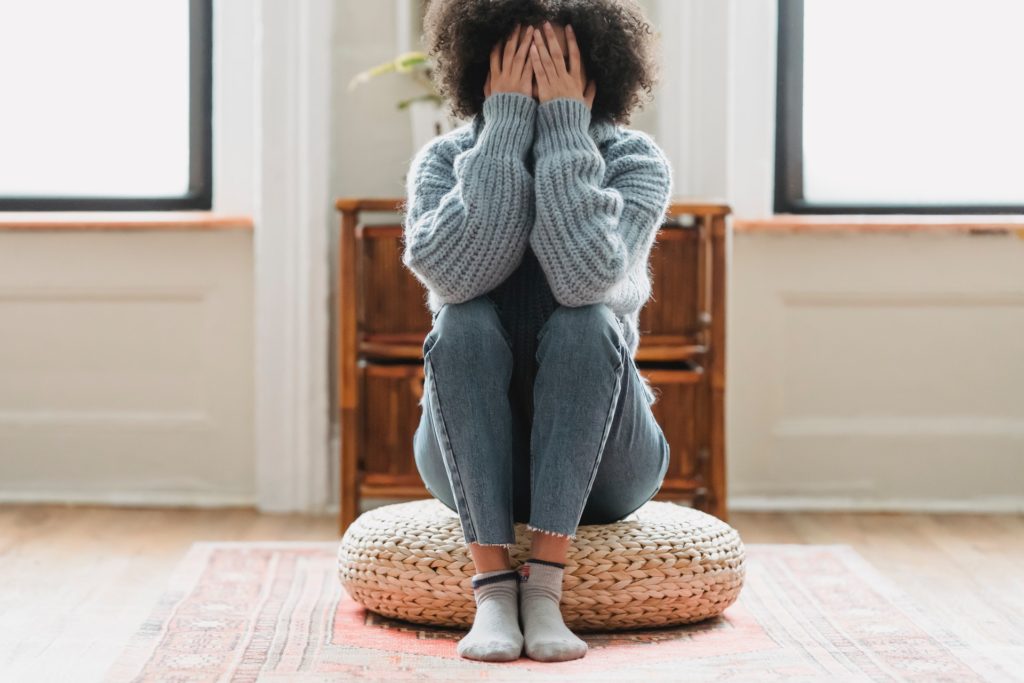
Mark Whitaker, LCPC is a psychotherapist at The Resource Group Counseling & Education Center and he has been practicing for 5 years. He works with clients ages 10 and up. He has a degree in Clinical Mental Health Counseling from William James College. He specializes in treating individuals struggling with anxiety, depression, and substance abuse disorders. Mark prioritizes therapeutic rapport and strives to create a comfortable and nonjudgmental space for his clients.
What are patients [or families] most concerned about when a crisis arises (people they’ll have to interact with, coping with themselves, etc.)?
They are concerned with what support is going to look like during COVID-19. They wonder what support systems like Alcoholics Anonymous, therapy, and intensive outpatient programs are going to be like during this pandemic.
It is important that we stay connected with clients, educate and be transparent about the changing needs of our current time. We don’t have a new normal yet, so we have to remain flexible and adaptive in order to find what works best.
There are many online resources and support groups available to people seeking support with substance use. Groups like AA, NA, SMART, Refuge Recovery, etc. Those groups might feel different online than in person, but they can still be beneficial.
Since most sessions with clients are transitioning from in person to online, many are also worried about insurance changes, so we are being transparent about that and educating clients about the different options they have.
Important things to keep in mind when trying to stay sober in a crisis?
Validate and normalize the frustration. Many people struggle with isolation but are unmotivated to connect with others online, which is completely understandable. Online interactions are different, and it will take some time to adjust.
Be mindful of current triggers, but also be on the lookout of the new ones. Fear, isolation, and uncertainty, may be new triggers that weren’t there before.
Try to stay connected with other people even if it’s uncomfortable at first. Learning to tolerate that initial discomfort is a valuable skill, especially for people dealing with substance use. Try to frame uncomfortable moments as opportunities to strengthen a muscle that will ultimately benefit your sobriety.
Many people are stuck at home for long stretches of time, and decision fatigue can set in when people are constantly thinking about how to spend that time. Creating structure and routine can help reduce the burden of overthinking.
What words/ideas do you use to help ease a patient’s [or family’s] mind?
You’re not alone, especially with this. Sharing that experience with others can be helpful.
Support is available
The new down time we have can be reframed as an opportunity for certain things, (diet, exercise, home improvement). Get creative and engage in things you didn’t previously have time for.
Helpful tips for (managing, recognizing, etc.) that a crisis could affect sobriety/recovery?
Learning the difference between distraction and avoidance. Both can be useful, but their usefulness will vary with context. Distraction can be an effective tool for managing cravings, and avoidance can be useful for staying away from people and places that will compromise one’s recovery. However, avoiding important issues that would benefit from being addressed can put one at risk of relapsing. Be mindful of whether you are engaging in healthy distraction or unhealthy avoidance. If it’s the latter, be willing to ask for help.
Things you should NOT do [most detrimental things]?
Don’t over-isolate, don’t take it all on by yourself. Don’t be too hard on yourself.
What do you wish patients knew about dealing with (coping with, avoiding, realizing) recovery in a crisis?
Self-compassion. Being sober can be harder than usual during a crisis, and people can be highly self-critical during times of struggle. It is important not to ruminate in self-criticism and to develop a sense of self-compassion. But that’s easier said than done. Learning how to be kinder to oneself often requires the assistance of a mental health professional or support group.
Feelings will change. Some people initially enjoyed the forced social isolation, as it relieved them of their social obligations. Later, many of those same people began struggling with loneliness. For others, it was the opposite pattern. It is normal for feelings to ebb and flow, especially given the ever-changing circumstances of this pandemic.
DISCLAIMER
The information, including but not limited to, text, graphics, images and other material contained on this website are for informational purposes only. No material on this site is intended to be a substitute for professional medical advice, diagnosis, or treatment. Always seek the advice of your physician or other qualified healthcare provider with any questions you may have regarding a medical condition or treatment and before undertaking a new health care regimen, and never disregard professional medical advice or delay in seeking it because of something you have read on this website.






